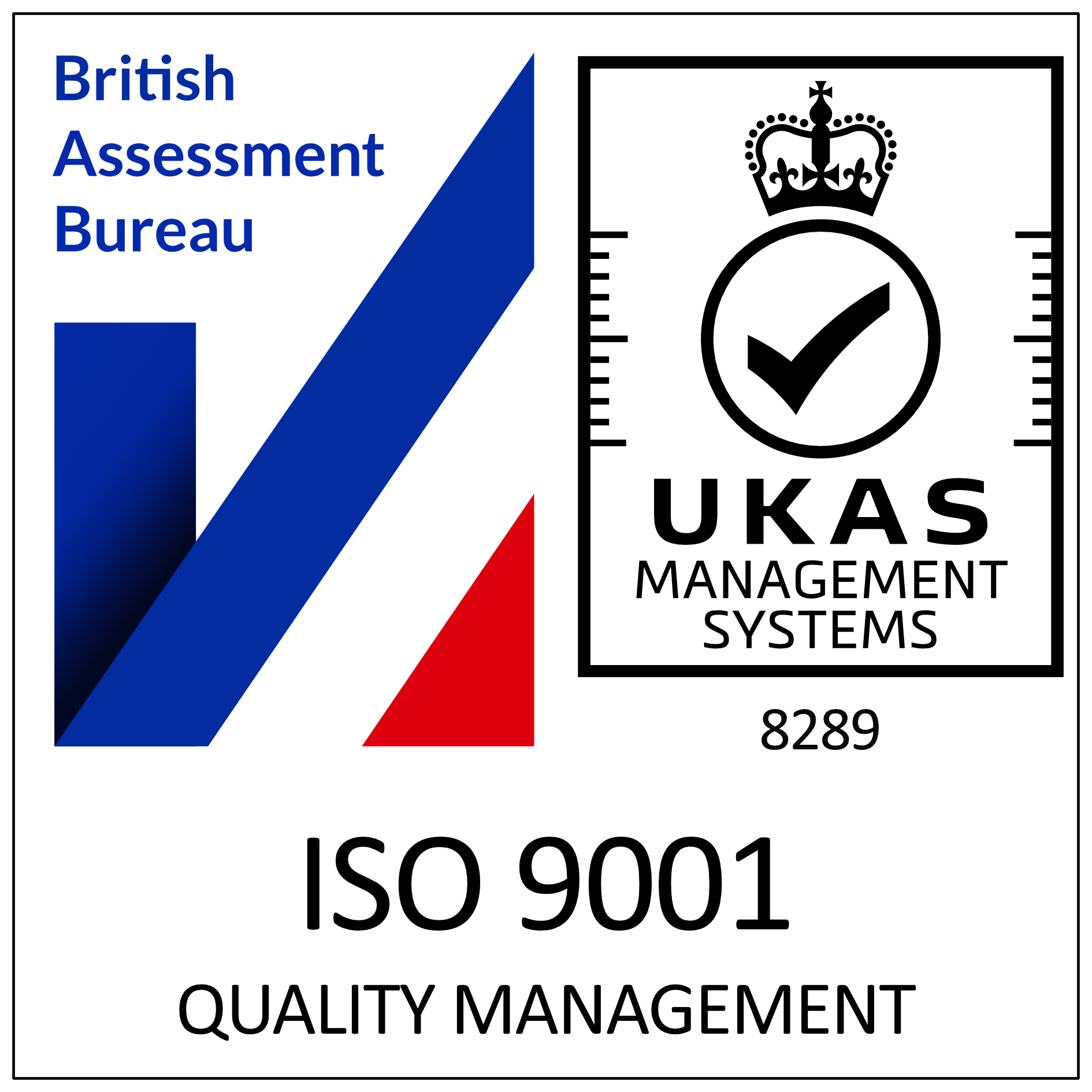
IR35 reforms came into force in April 2017 and April 2021 for public and (eligible) private sector businesses respectively. The reforms were implemented to try to ensure that Contractors were paying the correct amount of tax. Since the reforms have been implemented, businesses have been responsible for determining the level of tax which Contractors must pay for assignments, based on the scope of their services. Prior to the reforms, Contractors decided how much tax they would pay.
IPSE (the Association of Independent Professionals and the Self-Employed) reported that as a result of the IR35 reforms, 35% of an estimated 500,000 freelancers left self-employment. Many businesses also significantly reduced Contractor utilisation due to the risk of fines for incorrect tax status determinations. Many well-known organisations made very public declarations that they would no longer use any Contractors.
Pressure on the UK Government to act had been building for some time due to the pressure the reforms put on businesses and Contractors. During the mini-budget on 23rd September, it was announced that the IR35 reforms would be repealed from 6th April 2023 triggering yet another period of flux, change and confusion for all. However, on 17th October, the UK Government announced that the repeals would not take place, so businesses will still be responsible for making tax status determinations for Contractors for the foreseeable.
Aside from IR35 responsibilities, businesses still also need to ensure correct and proper due diligence is undertaken when engaging Contractors in order to comply with other relevant legislation such as The Criminal Finances Act 2017.
So as a business leader, how do you ensure that Contractor utilisation remains compliant so you are not at risk?
In our recent webinar, our Contractor Service Delivery Leads discussed:
- The impact of IR35 on the market
- What is likely to happen in the market going forwards
- How to make IR35 status determinations
- A reminder of other due diligence your business should be undertaking
- Your options for managing contractors
In the meantime, why not watch our previous webinars which you can find here.











